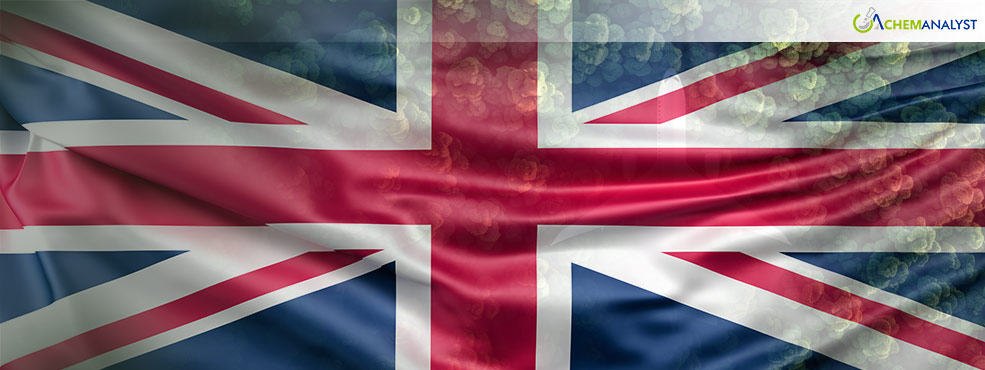Welcome To ChemAnalyst

The United Kingdom's long-awaited sustainable aviation fuel (SAF) mandate officially came into force on January 1, 2025, marking a significant step in the country's push towards greener aviation. Under the new regulation, SAF must account for at least 2% of all jet fuel used in flights departing from the U.K. This mandate is part of a phased plan to ramp up the use of SAF, with targets set for 10% by 2030 and 22% by 2040.
The U.K. Department for Transport (DfT) projects that the mandate will result in approximately 1.2 million metric tons of SAF being consumed annually by 2030, a volume sufficient to circle the globe 3,000 times. The shift to SAF is seen as a critical measure to reduce greenhouse gas emissions from the aviation sector, one of the hardest to decarbonize industries.
SAF is derived from sustainable feedstocks such as agricultural waste, used cooking oils, and even algae, offering a more eco-friendly alternative to conventional jet fuel. It can be blended with traditional jet fuel and used in existing aircraft engines, making it an immediate solution to reduce carbon emissions in aviation.
In tandem with the SAF mandate, the U.K. government is introducing a revenue certainty mechanism designed to encourage investment in SAF production plants across the country. The mechanism aims to reduce the financial risks for SAF producers, providing them with long-term revenue assurances and encouraging them to build new facilities.
A new consultation on the revenue certainty mechanism is set to be launched in early 2025 to help refine the policy and ensure that it effectively attracts investment in SAF infrastructure.
According to a report filed with the USDA Foreign Agricultural Service’s Global Agricultural Information Network, the 2% SAF mandate will require approximately 287.5 million liters (75.95 million gallons) of SAF to be used in 2025. By 2030, that number will increase to 1.5 billion liters, a sharp rise from the current consumption of around 138 million liters in 2023. For comparison, the U.K. consumed an estimated 14 billion liters of jet fuel in 2023, with SAF making up less than 1% of that total.
The mandate applies primarily to commercial flights, with suppliers of jet fuel bearing the responsibility to meet the required SAF thresholds. To enforce the mandate, the U.K. has introduced a traceable certificate scheme where aviation fuel suppliers will receive certificates proportional to the greenhouse gas reductions achieved by SAF.
For suppliers unable to secure enough SAF to meet their obligations, a buy-out mechanism has been implemented. This mechanism, with a price ceiling, ensures that excessive costs are not passed on to consumers.
Currently, the U.K. has one operational SAF facility, owned by Phillips 66 in Yorkshire, which processes waste oils to produce around 50 million liters of SAF annually. However, the government has announced plans for an additional eight SAF production facilities in the coming years.
We use cookies to deliver the best possible experience on our website. To learn more, visit our Privacy Policy. By continuing to use this site or by closing this box, you consent to our use of cookies. More info.
